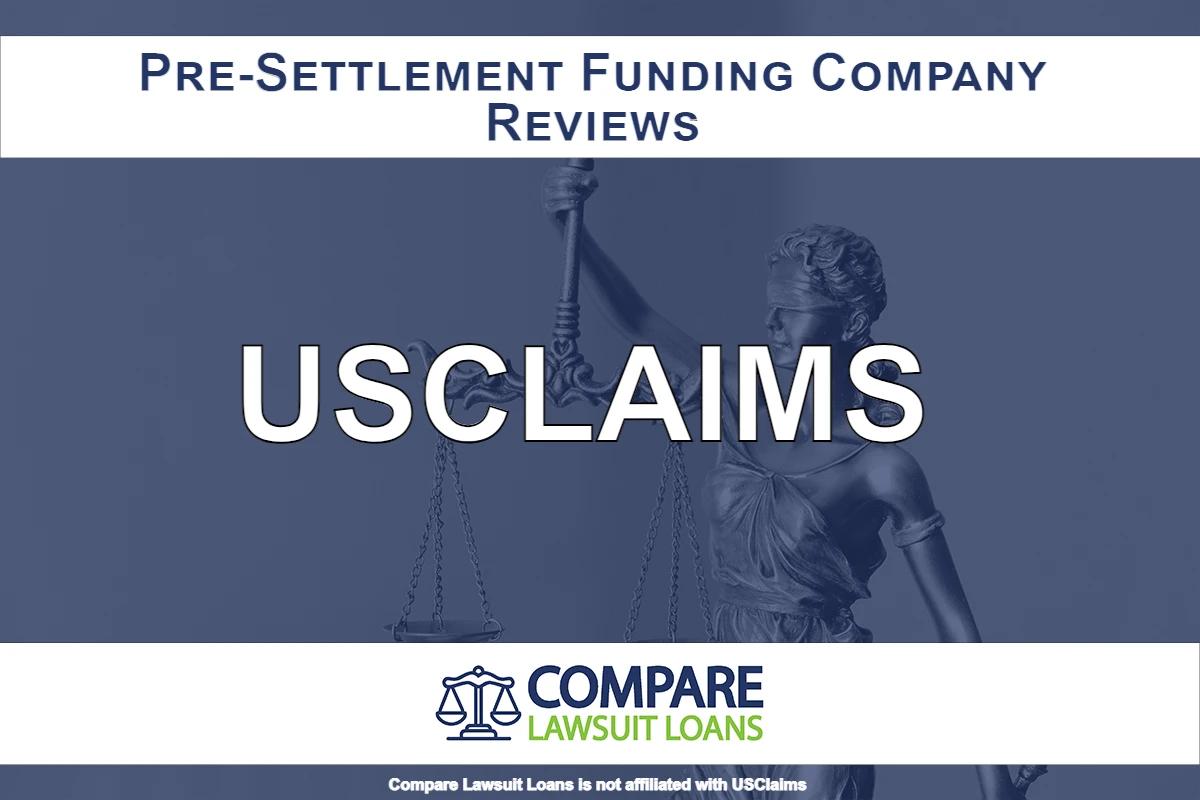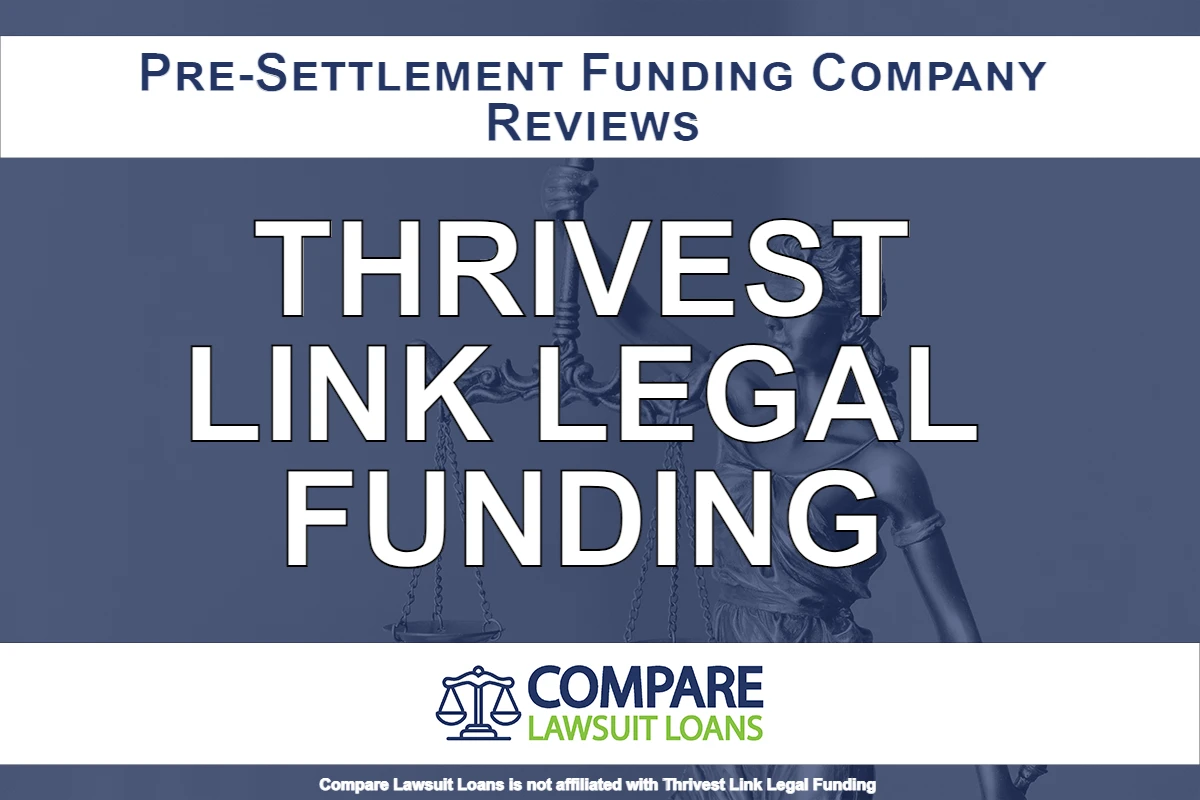Updated on 6/5/2024
This article helps plaintiffs and attorneys alike learn more about lawsuit loans and alternatives in North Carolina. Below you will find the following information:
Lawsuit loan companies serving North Carolina
Below you will find a list of companies that provide funding in North Carolina. We highlight lawsuit loan companies we recommend, as well as local and regional funding companies where applicable.
Recommended lawsuit loan companies funding North Carolina residents
We recommend the following companies for plaintiffs residing in North Carolina.
Our pick for low rate lawsuit loans

USClaims offers some of the lowest, non-compounding rates in the industry. Many companies claim to offer “the lowest rates in the industry” – we recommend comparing them against an offer from USClaims to see for yourself.
Our pick for fast lawsuit settlement loans

Thrivest Link Legal Funding offers reasonable funding terms often with simple, non-compounding rates. Their expert underwriting allows them to fund larger sums than many of their competitors. They frequently approve claims for funding within 24 hours.
See our full list of recommended companies here.
Lawsuit funding laws, regulation, and relevant ethics opinions in North Carolina
North Carolina treats lawsuit funding as a loan, subject to state lending laws.
Laws regarding lawsuit loans in North Carolina
North Carolina treats pre-settlement lawsuit funding as a loan and typical lending provisions apply as set forth in G.S. 24-1.1A. North Carolina sets the interest rate for loans of less than $25,000 as the minimum of 16% and the 6 Month Treasury Rate plus 6%. As a result, many lawsuit loan companies only advance amounts in excess of $25,000 to avoid these laws.
Source: North Carolina’s G.S. 24-1.1A
Legal funding case law in North Carolina
In Oliver v. Bynum the court ruled that an agreement to finance the suit was champertous based on the grounds that it served to stir-up litigation. Lawsuit loan agreements that are not construed to stir-up or intermeddle with litigation would likely be upheld in NC.
Source: Oliver v. Bynum
Can a lawyer lend money to a client in North Carolina?
North Carolina attorneys may not provide financial assistance to plaintiffs they represent. They may, however, finance court costs and other costs of litigation.
Source: North Carolina Rules of Professional Conduct Rule 1.8(e)
Can attorneys help clients receive lawsuit loans in North Carolina?
The state bar of North Carolina has ruled that a lawyer may cooperate with lawsuit lending companies in connection with a client’s request for funding. Attorneys may: sign off on acknowledgment letters; make payments to the pre-settlement funding company; refer clients to a funding company; and disclose confidential information to the company with the client’s consent.
Source: North Carolina State Bar 2000 Formal Ethics Opinion #4: Acknowledging a Finance Company’s Interest in a Client’s Recovery
Lawsuit loan alternatives in North Carolina
Lawsuit loans are expensive. Plaintiffs in North Carolina should exhaust all other options before seeking legal funding. Check out the local resources below for some ideas:
- North Carolina Food and Utilities Assistance (ePass) – ePass is a comprehensive portal for numerous forms of state assistance, including applications for medical assistance, food and nutrition services, and energy help.
- Help Paying Rent in North Carolina – this function helps North Carolinians to apply for a Housing Choice voucher through area public housing agencies and search for qualifying apartments.
- Low Income Energy Assistance – available through ePass, energy assistance helps low-income families to reduce expenses related to heating and cooling use.
- Mortgage Payment Assistance – Home Protection Pilot Program and Loan Fund – operated through the North Carolina Housing Finance Agency, this program offers mortgage assistance through several county agencies selected to participate in the pilot.
- Short Term Emergency Financial Assistance – also known as Work First, this program provides assistance in the form of a single lump-sum payment or short-term financial help for those at or below 200% of the federal poverty level.